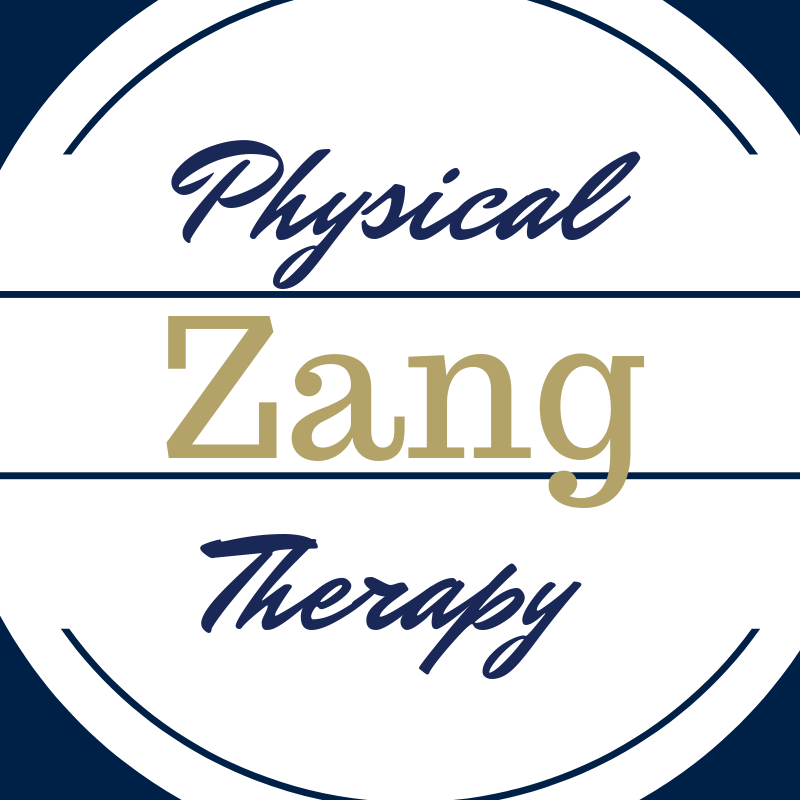Are you someone who is dizzy when you get up from lying down or even a chair? Believe it or not this is more common than people realize. Routinely people who experience dizziness learn to compensate by sitting at the side of their bed or hold onto furniture for a few moments upon standing. People live like this for months or even years not thinking anything can be done. However, for those who experience dizziness like this, falls or injury can occur. This experience should not be ignored and a discussion with your doctor should be had.
The cause of the dizziness could be any number of things…but many of them are treatable or modifiable. For starters, as a person ages, blood pressure response in the body becomes slower. This is often found to be the case when people become dizzy if they stand up quickly after sitting for a period of time. When this occurs, performing some lower body movements before standing after sitting for a while can help. This will get the blood pumping and the body ready to change position. Also, if a person’s blood pressure medication was recently changed, dizziness could be a side effect of quick changes in position.
dizzy if they stand up quickly after sitting for a period of time. When this occurs, performing some lower body movements before standing after sitting for a while can help. This will get the blood pumping and the body ready to change position. Also, if a person’s blood pressure medication was recently changed, dizziness could be a side effect of quick changes in position.
Another possible cause of dizziness is something called positional vertigo. This is where the crystals in the inner ear slide around. When a person feels dizzy rolling over in bed or sitting up from bed, this is potentially the cause. Generally, this dizziness will last less than 1 minute and for some only about 10 seconds. Typically, people will just sit still briefly to compensate. The good news with this type of dizziness is that good treatment options exist. There are a few repositioning maneuvers that are known to be highly effective at helping to resolve this type of dizziness.
Regardless of the specific cause of dizziness, if a person is experiencing symptoms with getting up from bed or a chair, further medical investigation should occur. It is important not only because there are generally good treatments, but more importantly to prevent falls. Falls, especially in older adults, can lead to serious injuries.
If you or someone you know is experiencing dizzy symptoms as described here, it is time for medical consultation. You can begin with your primary care doctor, but other providers may assist with diagnosis and treatment including an ear-nose-throat doctor (ENT) or a physical therapist.
